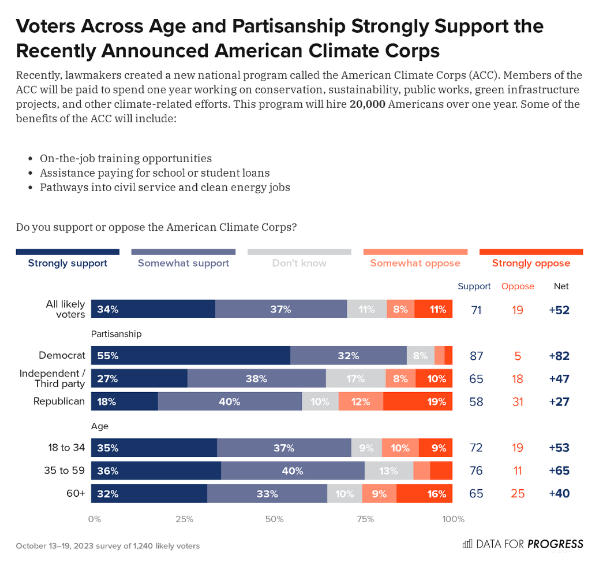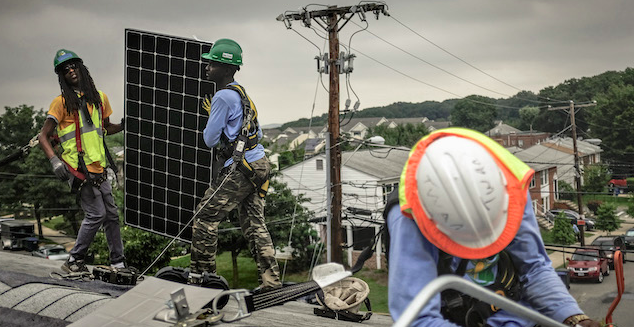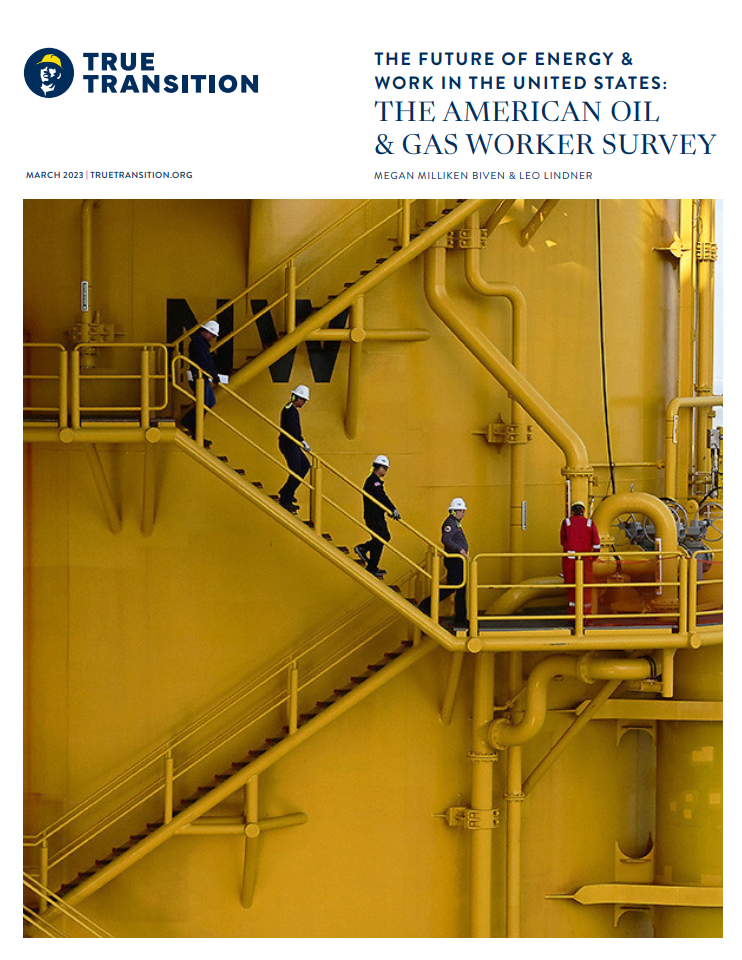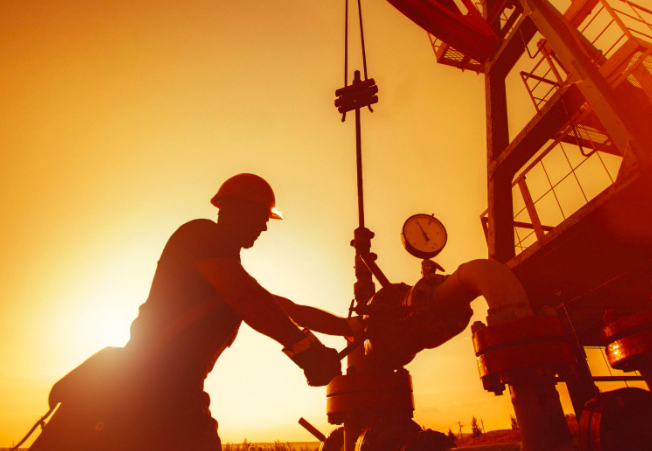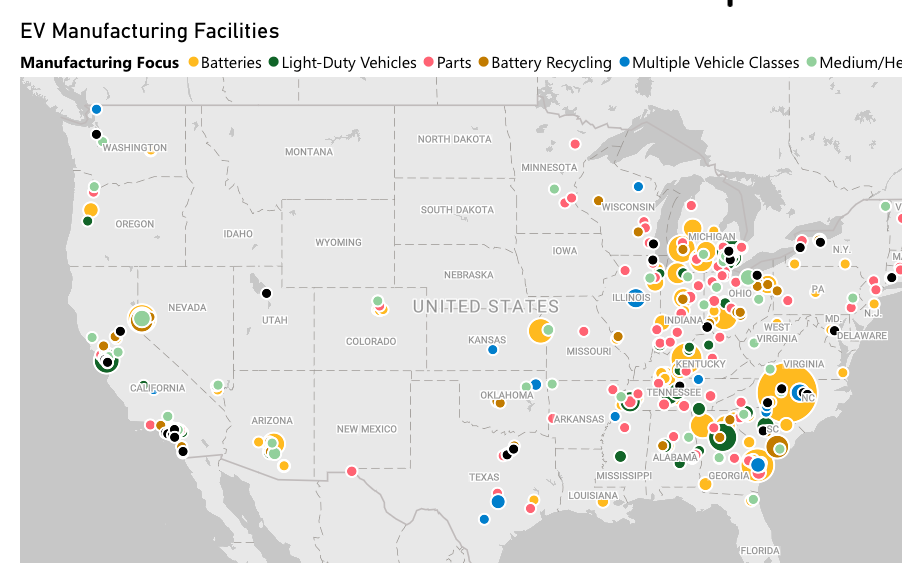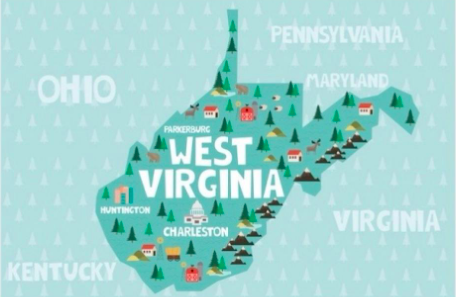Resources
Search below for resources covering the intersection of climate engagement, social science and data analytics.
RESULTS
Poll: Sen. Markey: An Expanded American Climate Corps Wins With Voters, Creates Jobs, and Fights Climate Change
Americans strongly support the recently announced American Climate Corps. The new American Climate Corps is a major step in the fight for our nation’s future and for a Green New Deal. The American Climate Corps is overwhelmingly popular across age and political party, and supported by 71 percent of voters — including more than half of Republicans. The support grows even stronger among voters under the age of 59.
Deep Canvassing Lessons Learned with Kentuckians for the Commonwealth
Join Kentuckians for the Commonwealth to learn more about their deep canvassing efforts, lessons learned, and best practices from their on-the-ground experience. During this webinar, participants will hear from the folks involved about how deep canvassing can be a powerful tool for bringing new people into the climate justice movement as well as how learnings might be applied to other climate deep canvass and relational conversation programs across the country.
The Future of the Labor-Climate Alliance
Relying on the private sector to decarbonize is a recipe for abandoning workers. The uncertain labor conditions of the Inflation Reduction Act make it all the more important that labor and climate organizers remain engaged with the process of implementing the new law. State and local organizing can also be more effective in bridging the tension between fossil fuel workers and climate policies. In addition to state and local organizing, another logical step to strengthen labor-climate advocacy is for more environmental and climate organizations to support legislative reforms to make organizing easier, such as the PRO Act. Ending fossil fuel use will require building power through multi-issue, broad-based coalitions—we are stronger together.
The Future of Energy & Work in the United States: The American Oil & Gas Worker Survey
Cross sectional survey of 1,635 non-management oil and gas workers in the US revealed new insights and key themes relevant to a truly "just transition" from fossil fuels, including:
A User Guide to The Bipartisan Infrastructure Law
New and expanded federal programs can deliver good jobs and environmental benefits. A centerpiece of Joe Biden’s presidency to date is the “Build Back Better Agenda,” a historic multi-faceted plan to rebuild the nation’s economy to be stronger, cleaner, more equitable, and resilient. That agenda—first encompassed in the American Jobs Plan and American Families Plan—further manifested in the form of two important pieces of legislation. The first, the Bipartisan Infrastructure Law (BIL)—also known as the Infrastructure Investment and Jobs Act (IIJA)—is a $1.2 trillion investment in repairing and modernizing the nation’s infrastructure that was signed into law on November 15, 2021. Notable provisions in the bill include: the largest federal investment in public transit in history; the largest federal investment in passenger rail since the creation of Amtrak; the largest dedicated bridge investment since the creation of the interstate highway system; the largest investment in clean drinking water and wastewater infrastructure ever; the expansion of high-speed internet access; the largest investment in clean energy transmission and EV infrastructure in history; robust funding to reclaim abandoned mine lands; the expansion of the electric school and transit bus fleet; and new funding and authorities to build a more climate-resilient and efficient electric grid.
Oil and Gas Workers Reveal Their Real Working Conditions
True Transition, an organization composed of fossil fuel workers, recently released their “American Oil and Gas Workers Survey.” It provides the answers given by 1649 oil and gas workers to 38 questions about their jobs and work lives. Among their findings: over half of the survey respondents have lost their jobs at least once previously to 2020, evidence that the oil and gas industry has already been systematically reducing its workforce; more than half of the survey respondents lost their jobs in 2020; workers expressed anxiety about not being able to do anything else outside of the oil and gas industry and a preference for work that utilized existing competencies; just under half of survey respondents believe that their company’s safety program was explicitly or implicitly designed to shift liability of an accident onto the worker; a third of survey respondents indicated that they had been ordered to engage in unsafe working practices that were in direct violation of established safety practices; crew sizes are shrinking with more work expected of each worker. Smaller upstream operators appear to be under staffed intentionally to save money; newer, younger hires are not being trained adequately.
What Happens to the Workers When Oil Refineries Close?
There are ways to mitigate the harmful effects of job loss when fossil fuel workers lose their jobs. On October 30, 2020, the Marathon oil refinery in Contra Costa County, California, was permanently shut down and 345 unionized workers laid off. 74% of former Marathon workers (excluding retirees) had found new jobs. Nearly one in five (19%) were not employed but actively searching for work. Their unemployment rate was 22.5% Their jobs paid $12 per hour less than their Marathon jobs, a 24% cut in pay. Here are ways support displaced workers, including: extended cash payments to maintain pre-layoff income levels; financial support to cover the 24% average gap in workers’ pre-layoff wages and their post-layoff wages; bridge-to-retirement funding that provides full retirement benefits to workers eligible for early retirement within one year following layoff.
EV Jobs Hub
The EV Jobs Hub (EVJH) illuminates not only where new electric vehicle (EV) manufacturing jobs are being announced, but also what those jobs will look like. The EVJH can help labor and environmental advocates hold manufacturers and policymakers accountable for delivering on their investments and promises for good, union jobs in the domestic EV industry. This hub shows the EV jobs announcements—where they are in the US (via a map) and aspects of them, including: manufacturing focus, disadvantaged communities, state and local subsidy, existing union, and congressional district.
Building long-lasting grassroots power requires centering concrete issues and the humanity of individuals you’re organizing. Many organizations in West Virginia are cultivating organizers, building organizations that can sustainably organize local communities according to their needs for years to come, incorporating mutual aid, and more, in an effort to win and wield political power. In this article, The Forge contributor Mat Hanson discussed organizational strategies with multiple people involved in grassroots power building in West Virginia: Katey Lauer, co-chair of West Virginia Can’t Wait; Nicole McCormick, a founding member of the West Virginia United caucus and rank-and-file leader in the successful teacher’s strike; Dr. Shanequa Smith of Restorative Actions and the Black Voters Impact Initiative; and Joe Solomon, the co-founder and co-director of Solutions Oriented Addiction Response (SOAR), a volunteer-based organization that advocates for harm-reduction strategies to the opioid crisis.
Our Organizing Must Match the Structure of Our Target
Understanding the geography and profit-making process of any big corporation are essential to organizing against it. In the case of organizing against Amazon, it has certainly been strategic to organize labor union(s) at the traditional worker level. However, there have also been labor-community alliances built to organize against Amazon, given the way that the megacorporation affects communities beyond its own workers, by its supports of the carceral state and deportation machine, contributions to climate change, and its role in gentrification. The many different people and groups (especially based on where they are located geographically and their role in the economy) impacted by any bad actor (in this case, Amazon) are where any organizing opportunities exist. And understanding the “value chain” of any target (like Amazon) is necessary to understanding what leverage any organized group of people can have. This article details some cases of groups and coalitions building power against Amazon.
Pagination
- Page 1
- Next page
